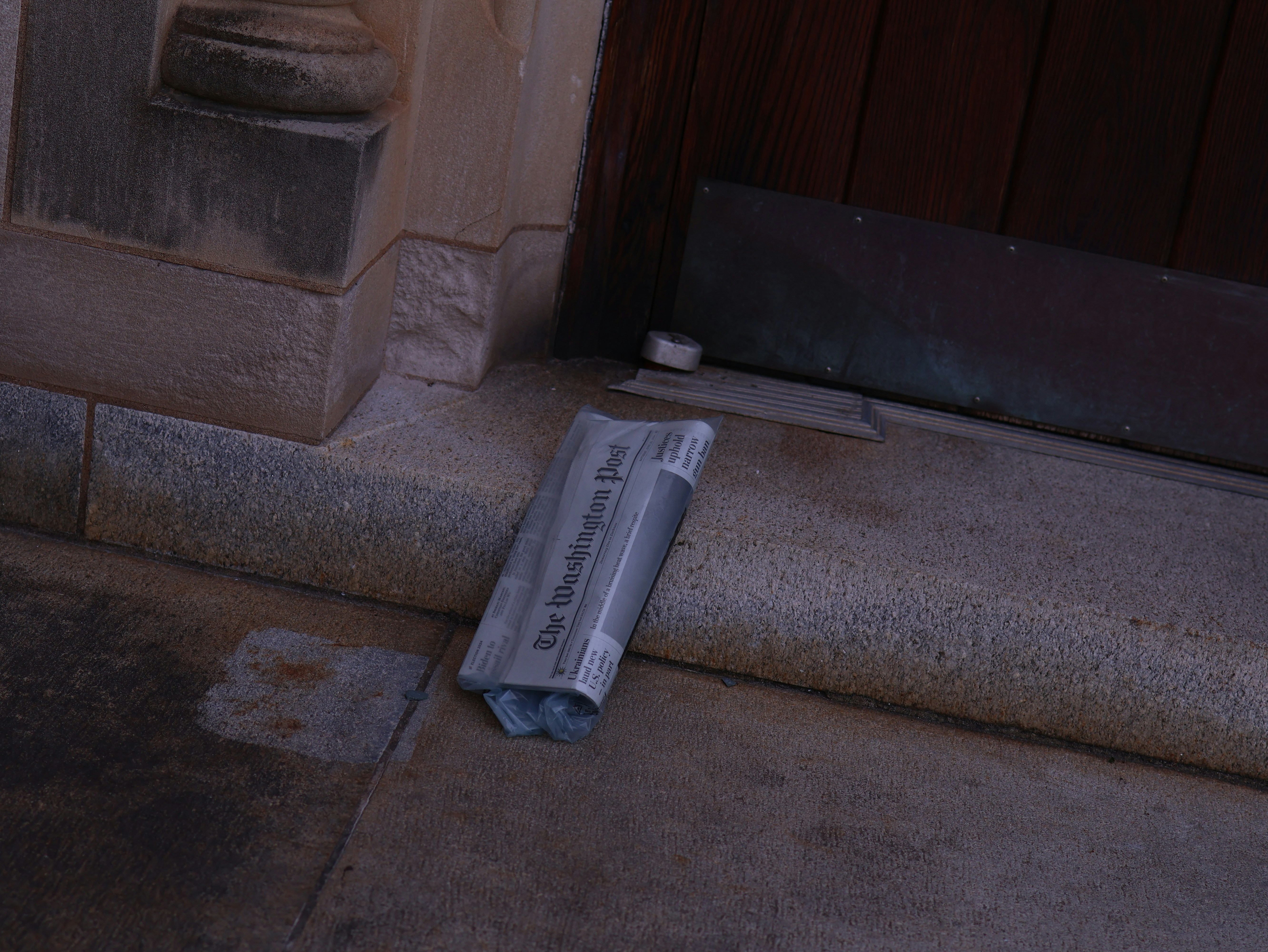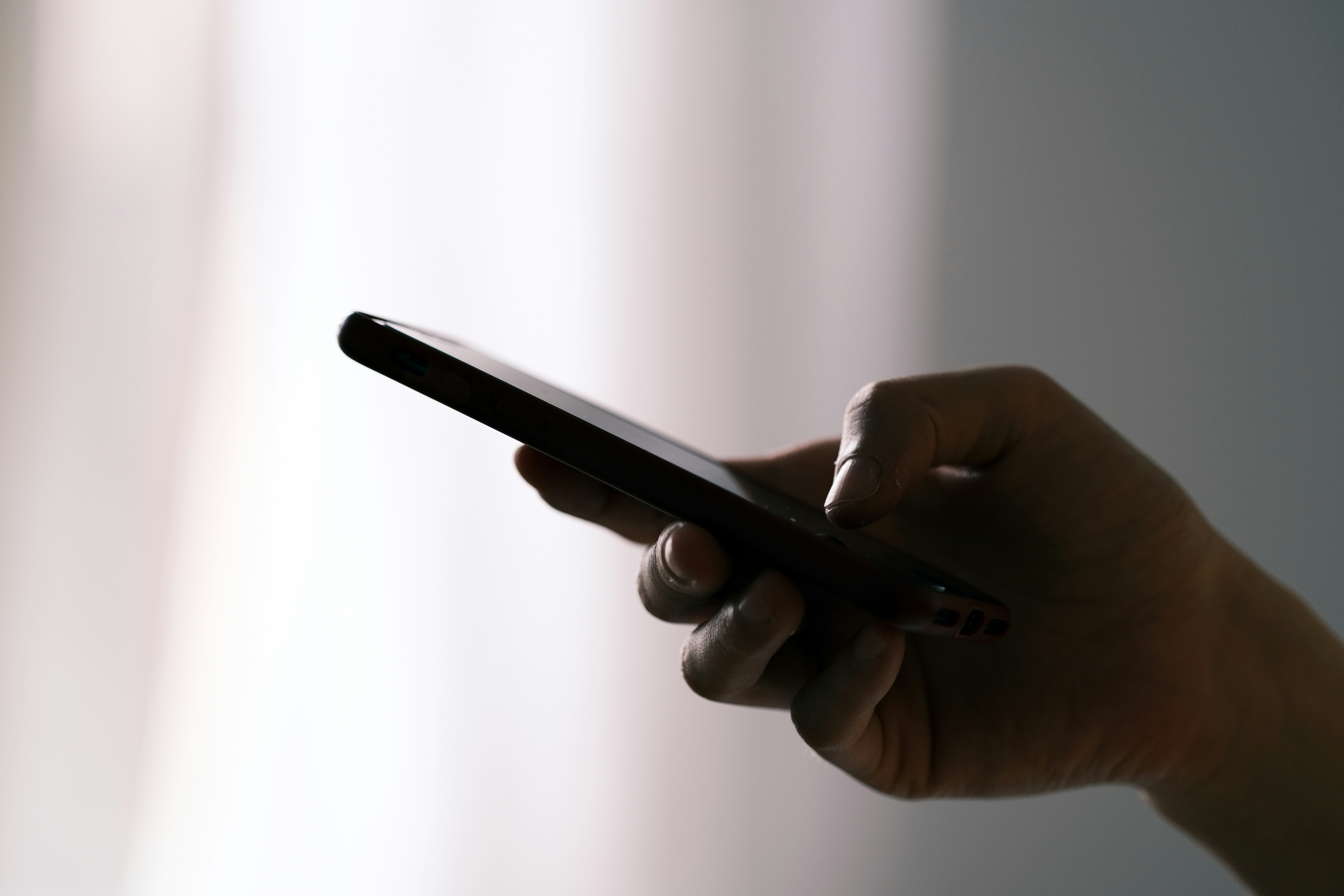Community Connections Data Breach Lawsuit Investigation
Did you receive a letter from Community Connections warning that your personal or medical information was exposed? More than 20,000 people are now at risk of identity theft after a cyber-attack on the Washington, D.C.–based behavioral-health agency. Act quickly to protect yourself and learn whether you qualify for financial compensation.
What Happened?
On October 21, 2024, Community Connections discovered suspicious activity inside its computer network. A forensic investigation confirmed that an unauthorized actor likely accessed files containing highly sensitive personal identifiable information (PII) and protected health information (PHI).
The agency completed a file-by-file review on August 22, 2025 and began mailing written notifications to affected individuals on August 28, 2025, as required by state and federal law.
Information Potentially Exposed
The specific data compromised varies by individual, but may include:
- Full name
- Social Security number
- Postal address
- Date of birth
- Financial account information
- Driver’s license or state ID number
- Medical information
- Other health-related records
Who Is Community Connections?
Founded in 1984, Community Connections, Inc. is a non-profit behavioral health provider offering trauma, addiction, mental-health and housing services in the District of Columbia. The organization employs more than 200 staff members and serves thousands of patients each year.
Complimentary Credit Monitoring
The notification letter states that Community Connections is offering 12 months of free credit-monitoring and identity-theft protection services. Enrollment instructions are included with each individual breach notice.
Download Official Breach Notice (PDF)
Your Legal Options
Data-breach victims often face financial losses, credit damage and emotional distress. U.S. privacy laws allow affected individuals to pursue:
- Reimbursement for out-of-pocket expenses (fraudulent charges, credit freeze fees, etc.)
- Compensation for time spent mitigating identity theft
- Actual damages for unauthorized medical-identity use
- Punitive damages if negligence is proven
- Free additional years of credit monitoring and identity-restoration services
JoinTheCase is gathering information to determine whether a class-action lawsuit or individual claims can be filed.
How to Protect Yourself Now
- Enroll in the free credit monitoring offered by Community Connections as soon as possible.
- Place fraud alerts or credit freezes with Equifax, Experian and TransUnion.
- Review Explanation of Benefits (EOB) statements and medical bills for unfamiliar services.
- Change passwords and enable multi-factor authentication on email and financial accounts.
- Monitor bank and credit-card statements closely for unauthorized transactions.
- Report suspected identity theft to the FTC at IdentityTheft.gov.
Frequently Asked Questions About the Community Connections Data Breach
1. When did Community Connections discover the breach?
Suspicious activity was detected on October 21, 2024. The organization confirmed unauthorized access after a digital forensics investigation.
2. How many people are affected?
Community Connections reported the incident to state regulators as impacting approximately 20,000 individuals.
3. What personal data was exposed in the Community Connections breach?
Exposed information may include full name, Social Security number, address, date of birth, financial account data, driver’s license or state ID details, and medical or health information.
4. Is Community Connections offering free credit monitoring?
Yes. The company is providing 12 months of complimentary credit-monitoring services to all affected individuals.
5. Can I sue Community Connections for the data breach?
Possibly. Victims may have claims for negligence, breach of fiduciary duty, and violations of state privacy laws. Contact us for a free case evaluation to learn about your specific rights.
6. What deadlines apply to a Community Connections data breach lawsuit?
Statutes of limitation vary by state—often between one and three years from the date you knew or should have known about the breach. Acting quickly helps preserve your legal options.
7. How do I join a potential class action?
Submit your contact information through our secure form. If a class action is filed, we will notify eligible class members regarding next steps.
Attorney Advertising. Prior results do not guarantee a similar outcome.







